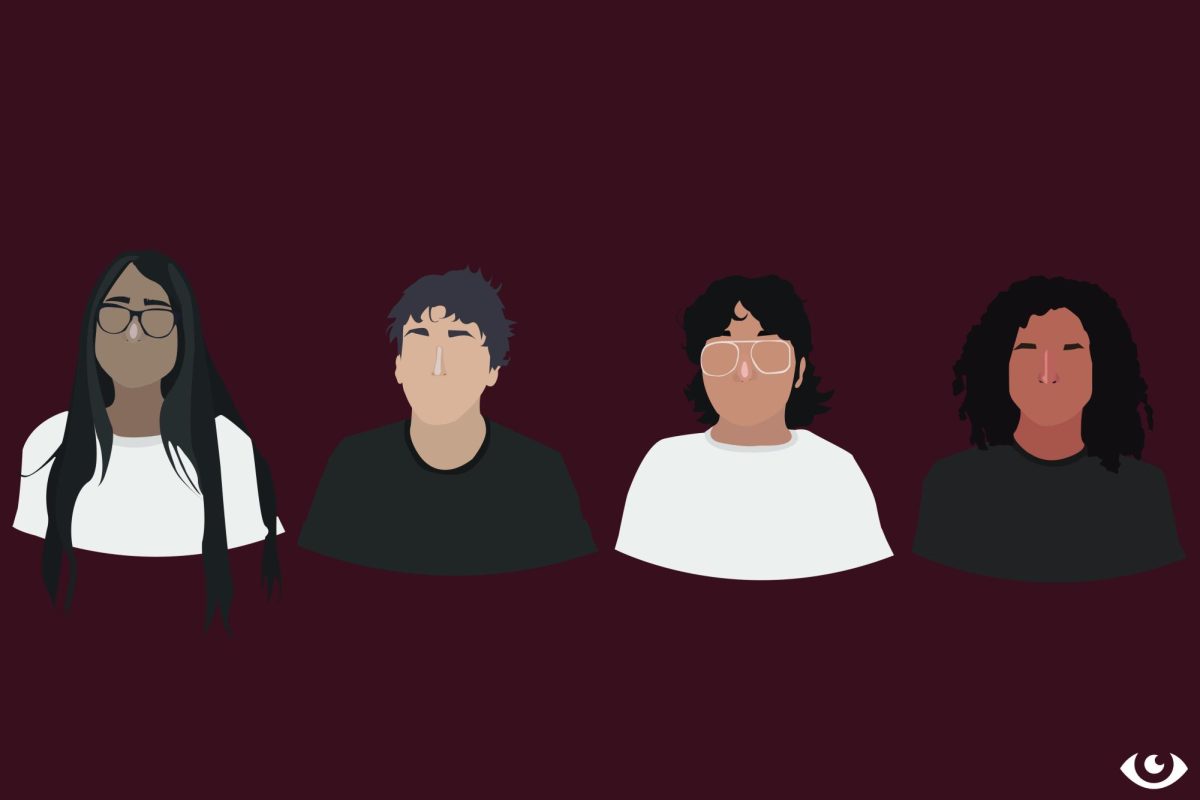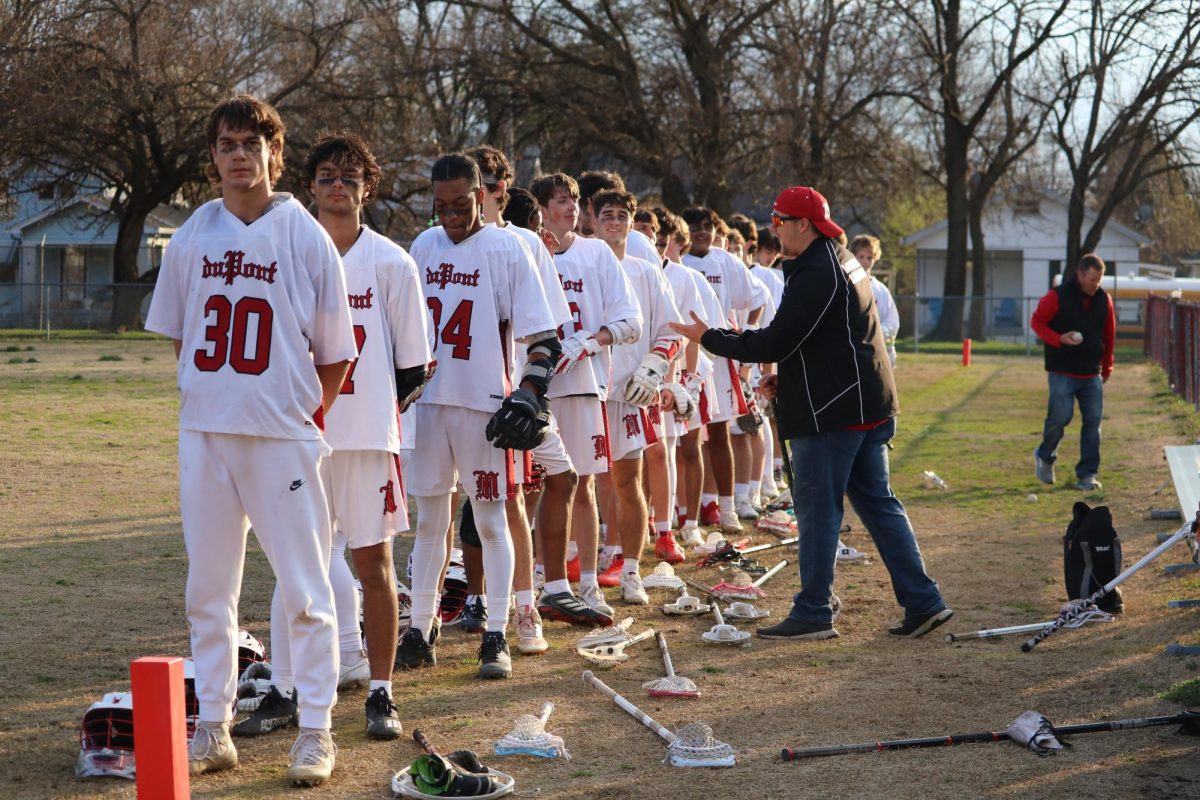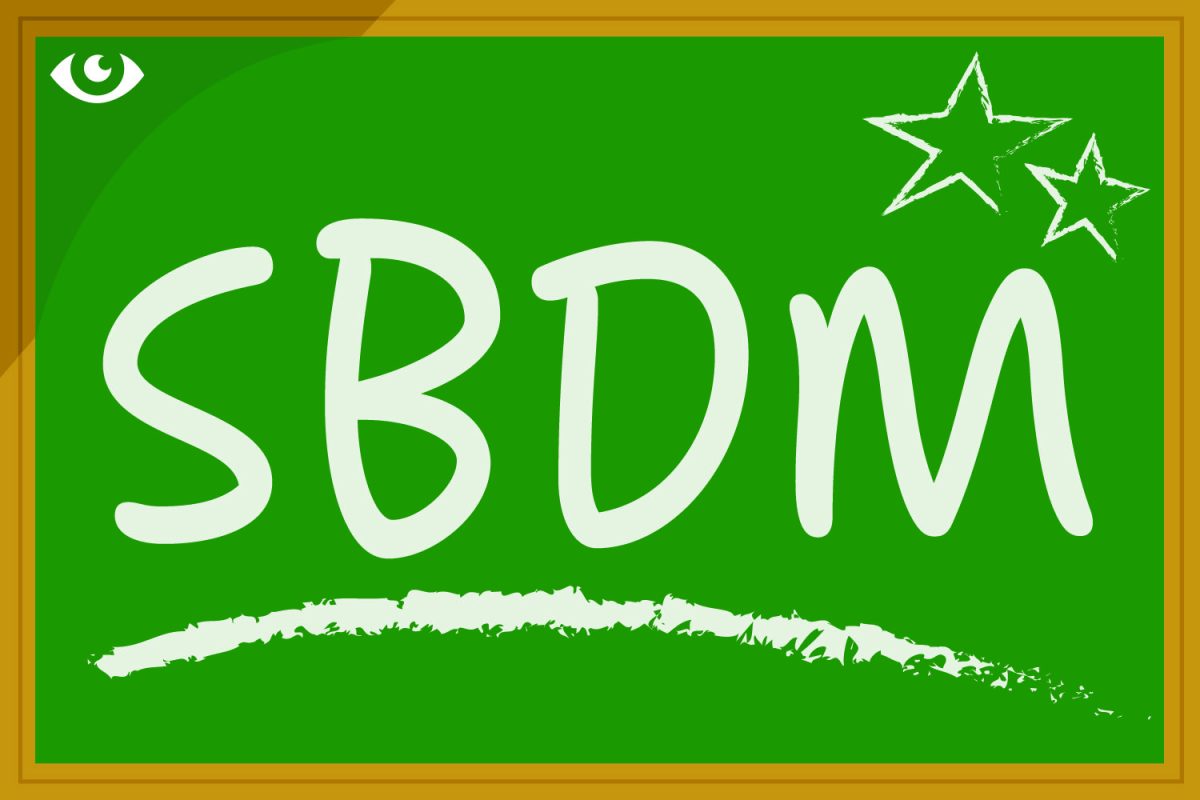Manual prides itself in being a diverse school. Having students from multiple backgrounds, representing many different heritages. This is reflected in the school’s multicultural fair, where students display elements of their culture to the school.
Ethnic names are direct ties to a person’s culture and often tell you a lot about the person holding said name. However, these names can often be mispronounced, since they don’t fit the stereotypical sounds of the English language.
“I think I knew at a young age that my name wasn’t the most common,” Milagros Flores Sanchez (12, YPAS) said.
Their name means miracles in Spanish. Although it has a beautiful meaning, the pronunciation is hard for non-Spanish speakers.
Though the mispronunciation of ethnic names seems like a harmless mistake, it can take a toll on the person. Sometimes, it can cause someone to wish that it wasn’t their name. This self-hatred can lead to distance between a person and their heritage.
“When you don’t have the [correct] pronunciation, I really hate my last name because you know, it’s like Diop,” Yacine Diop (11, YPAS) said. Her names have Arabic and Senegal origins.
This discontent towards one’s own name can lead to resentment against their own culture and heritage. This can be especially difficult for children, who often don’t understand why they’re different from everyone else. Growing up without being informed about your culture and then feeling like the whole world sees you as “different” can affect your perspective on what your culture is and its value to you.
For many, this mispronunciation isn’t a one time thing. Most times people always end up correcting the same people over and over again.
“I would say every day,” Vaahini Sabbineni (10, MST) said when asked about the amount of times she corrects someone. Sabbineni is Indian and the complexity of her names most often causes issues for people.
However, some people with ethnic names find that people’s mispronunciation can help them learn about and value their culture. Sanchez feels that their name only makes them appreciate their culture more, no matter how many times it’s mispronounced.
“I feel like it does make me think [about], like my culture, my ethnicity, but I don’t think it’s in a negative way, I like having these things that, you know, are unique to me,” Sanchez said.
Sanchez learned to have an appreciation for their name because of the meaning it held in spanish. They often felt like they were connected even more with their Mexican heritage.
“I think my name really kind of sets me back to Italy which is really nice,” Gianmarco Gibson (9, HSU) said. He was born in Italy and often spends most of his summers there, connecting back to his roots.
Names are identities. A person’s name tells others who they are.
“I feel like my name just, like, symbolizes me,” Sabbineni said.









